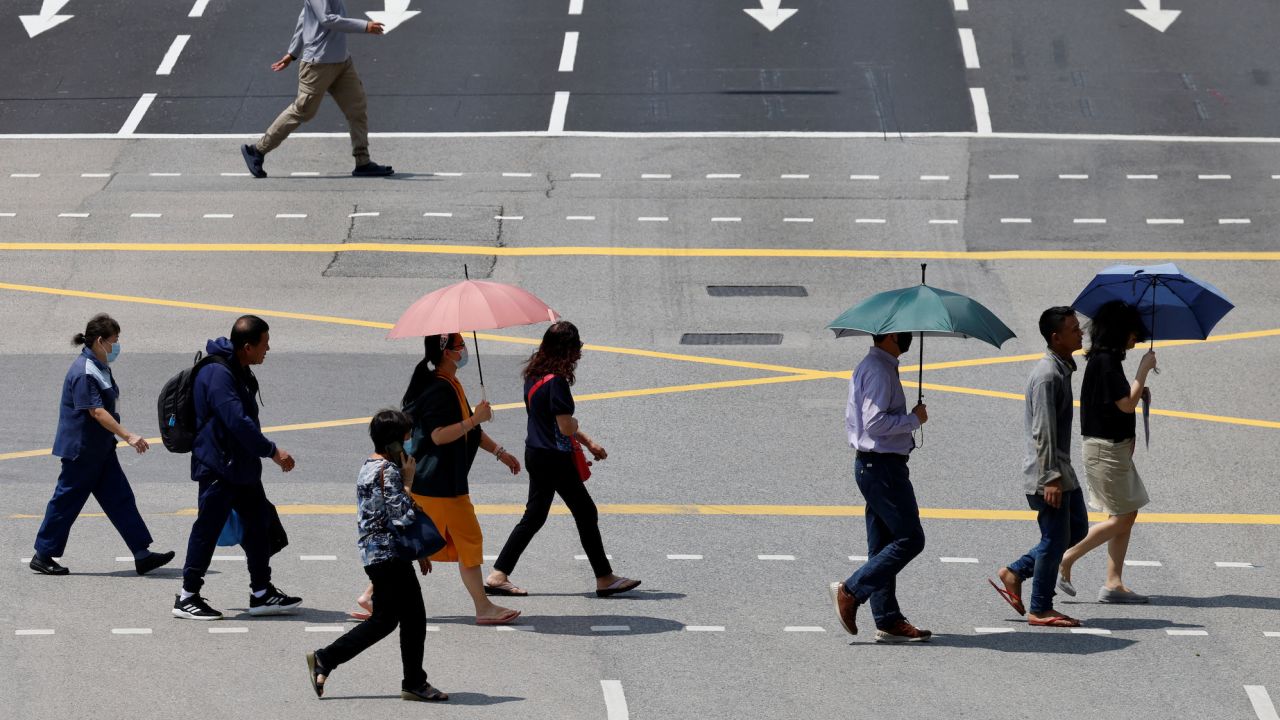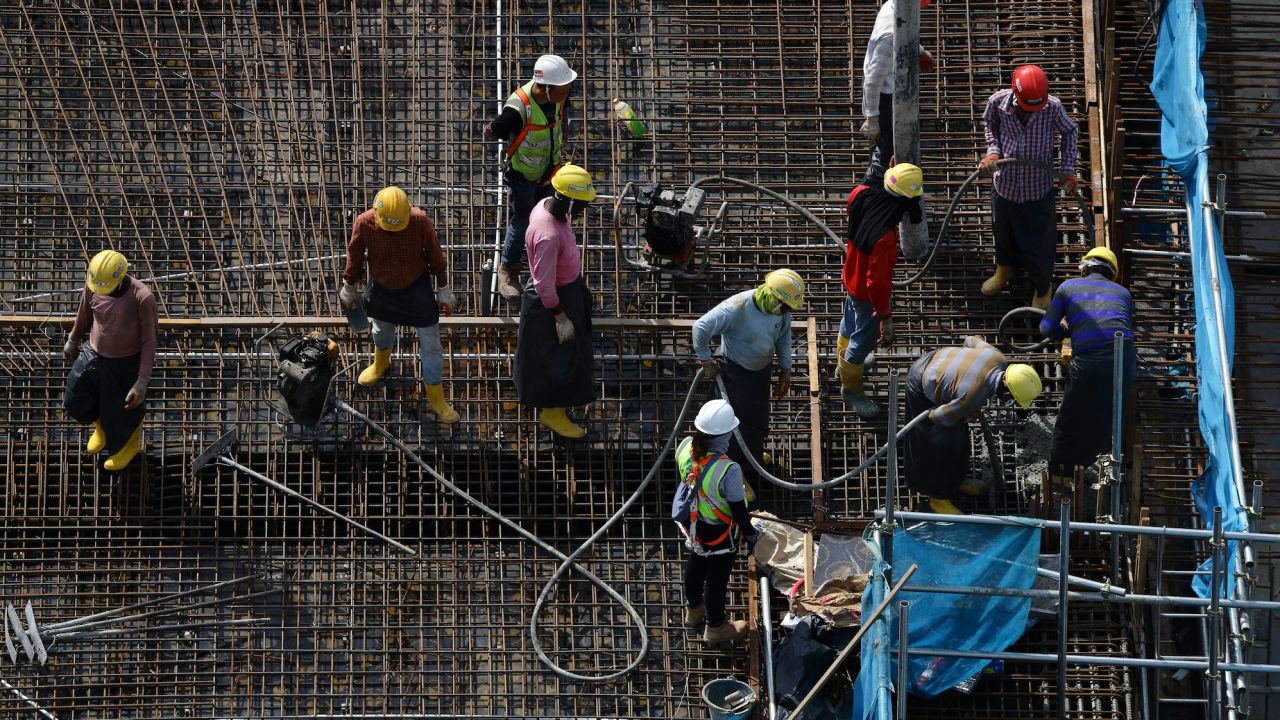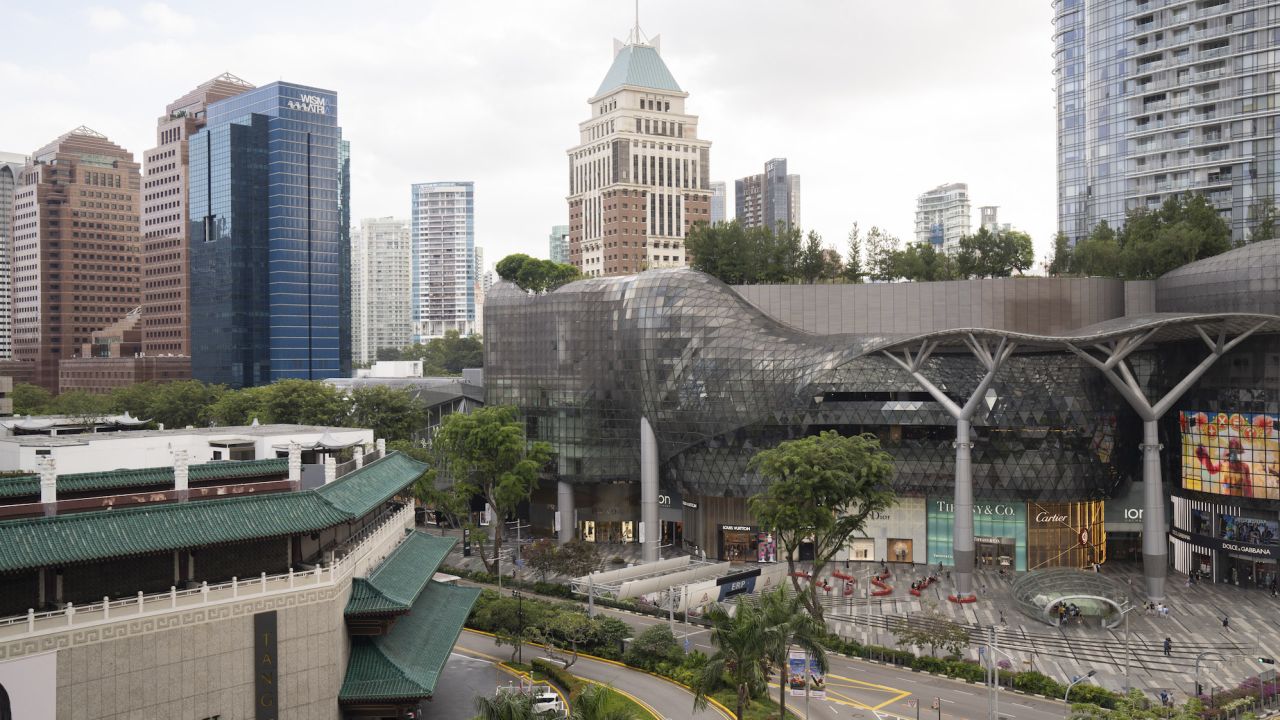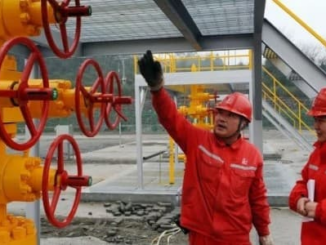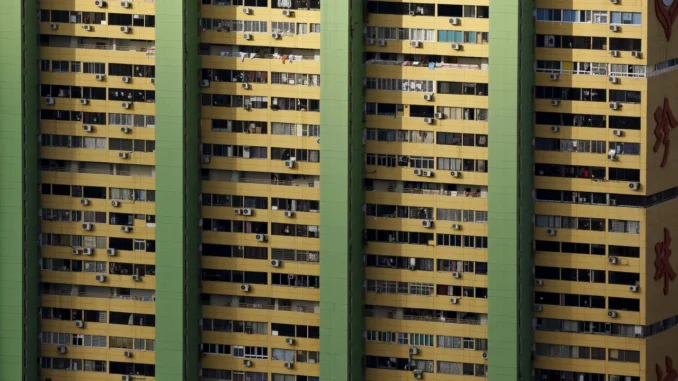
When the temperature soared to 99 degrees Fahrenheit last month, Singapore resident Chee Kuan Chew saw just one option: cancel all plans and stay indoors in air-conditioned comfort.
“You can’t survive without air con in Singapore,” Chee said. “It’s impossible with the heat.”
The 20-year-old university student lives with his family in a four-bedroom flat in Ang Mo Kio, a bustling district that made headlines in the Southeast Asian city state when its temperatures hit a 40-year high in a recent heat wave. Thankfully, Chee said, his home has five air conditioners – one in each bedroom and a larger unit in the living room.
“I drank plenty of water, took cold showers and kept the air conditioning on for the entire weekend. That’s my way of managing the heat,” Chee said.
Taking solace in air conditioning in Singapore is hardly unreasonable behavior. Situated roughly 85 miles north of the equator, the island nation is famously hot and humid, with temperatures that stretch into the 80s year-round – a climate that has helped make it one of the most air-conditioned countries in the world, with more units per capita than any of its Southeast Asian neighbors.
Indeed, in this city, air conditioning has become almost a way of life. An office or mall without it is near unthinkable; 99% of private condominiums are air conditioned, as are the majority of public housing apartments.
Lee Kuan Yew, the country’s founding prime minister, once called air conditioning “the greatest invention of the 20th century” and credited it for helping to transform the island from a backwater British colony into one of the world’s pre-eminent financial centers (one that today also enjoys some of the world’s highest per capita wages).
But Singapore’s love affair with air conditioning has an enormous cost.
It has trapped a nation already hot – and getting hotter – in what experts describe as a “dangerous, vicious cycle.” It’s a climate change Catch 22 paradox that faces all nations which rely on air conditioning to make life just that little bit more tolerable.
Put simply: the warmer the world gets, the more people turn to their air conditioners. And the more they turn to their air conditioners, the warmer the world gets.
